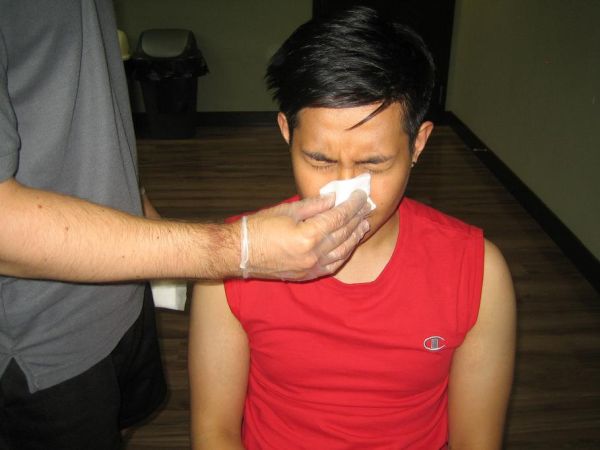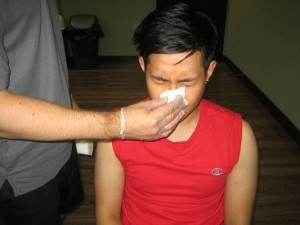Introduction
It’s normal to sometimes have a dry mouth if you’re dehydrated or feeling anxious, but an insistently dry mouth can be a sign of a primary problem. You must see your dentist or doctor if you have an abnormally dry mouth (referred to as xerostomia) so they can try to see what is causing the problem.
Causes Of A Dry Mouth
A dry mouth can take place when the salivary glands within your mouth don’t create sufficient saliva.
This is usually the outcome of dehydration, which signifies you don’t have sufficient liquid in your body to create the saliva you require. It’s also possible for your mouth to be dry if you’re feeling worried or anxious.
A dry mouth can occasionally be caused by a primary problem or health disorder, such as:
- Medication– several different medicines can cause a dry mouth, such as antihistamines and antidepressants; read the pamphlet that comes with your medication to see if dry mouth is recorded as a side effect.
- A congested nose– inhaling through your mouth when you sleep can also lead to a dry mouth.
- Diabetes– a lasting disorder that causes an individual’s blood sugar level to become too high.
- Radiotherapy to the neck or head – this can cause the salivary glands to become swollen
If you see your dentist or doctor, let them know about any other signs you’re facing and any treatments you’re having, as this will assist them in eliminating the causes of your dry mouth.
Issues That Can Cause Dry Mouth
Saliva plays a vital part in keeping your mouth healthy. If you have a dry mouth, you might experience other issues too, such as:
- A burning feeling or discomfort in your mouth.
- Parched lips.
- Bad breath (referred to as halitosis).
- A reduced or different sense of taste.
- Recurring mouth infections, such as oral thrush.
- Tooth deterioration and gum infections.
- Trouble speaking, ingesting or swallowing.
It’s vital to have good oral cleanliness if you experience a dry mouth to decrease the risk of dental complications. You should also see a dentist frequently, so they can recognize and treat any problems early on.
How To Treat A Dry Mouth
Treating the underlying cause
If your GP or dentist is able to conclude what’s causing your dry mouth, treating this might improve your symptoms.
For instance, if medicine is assumed as the cause of your dry mouth, your GP may decrease your dose or propose trying an alternative medicine.
Things to Try Yourself
There are simple procedures you can attempt to help keep your mouth damp. For instance, it might help to:
- Increase your liquid consumption– take regular drinks of unsweetened cool drinks or water.
- Place ice cubes in your mouth – the ice will dissolve gradually and dampen your mouth.


